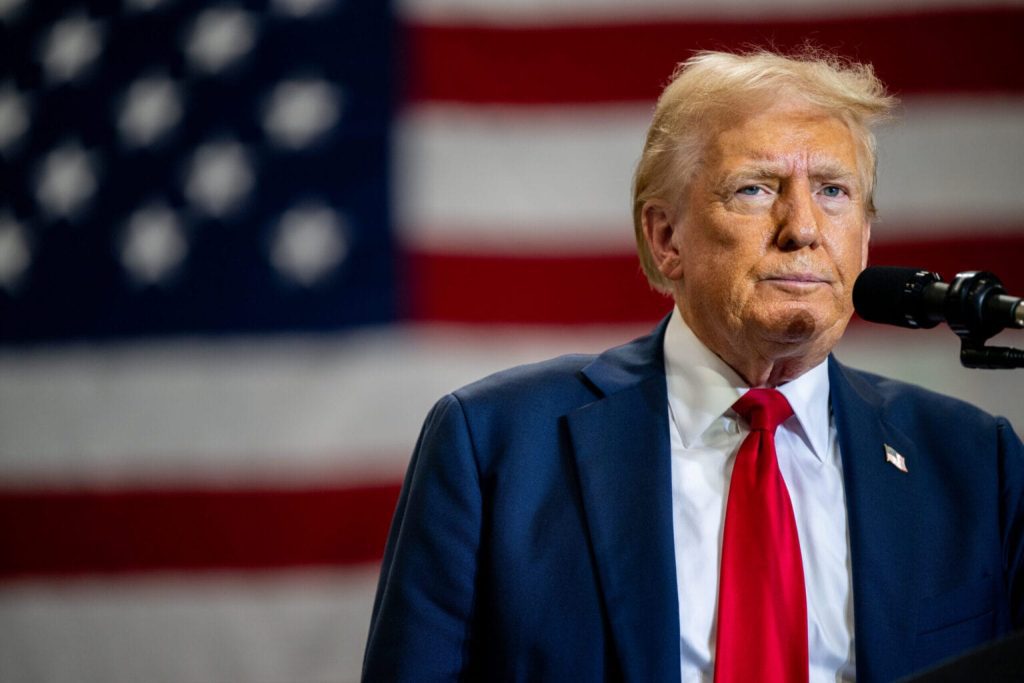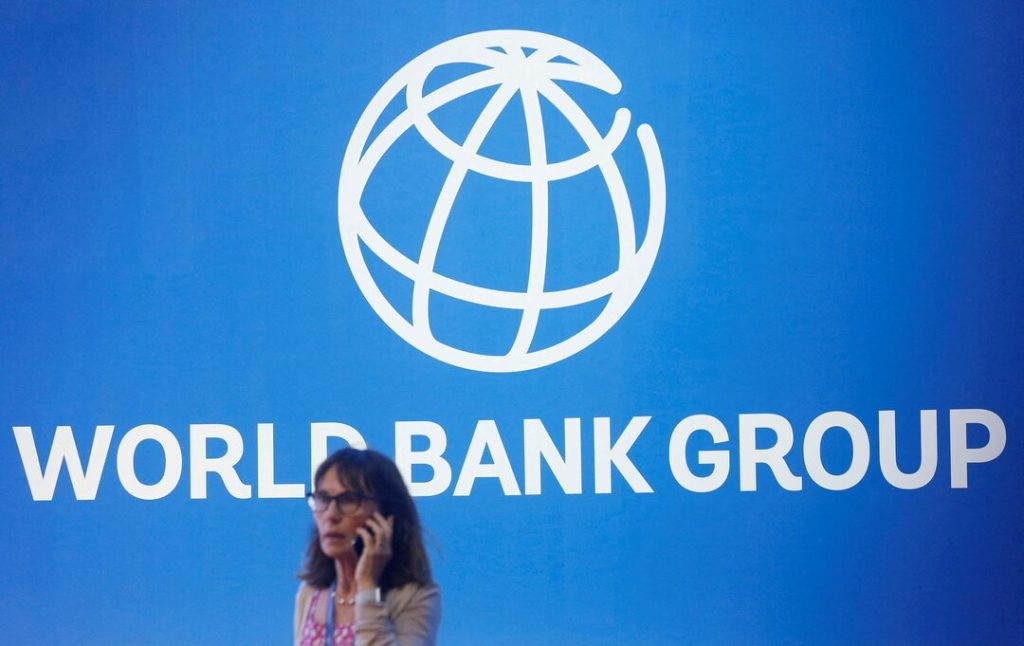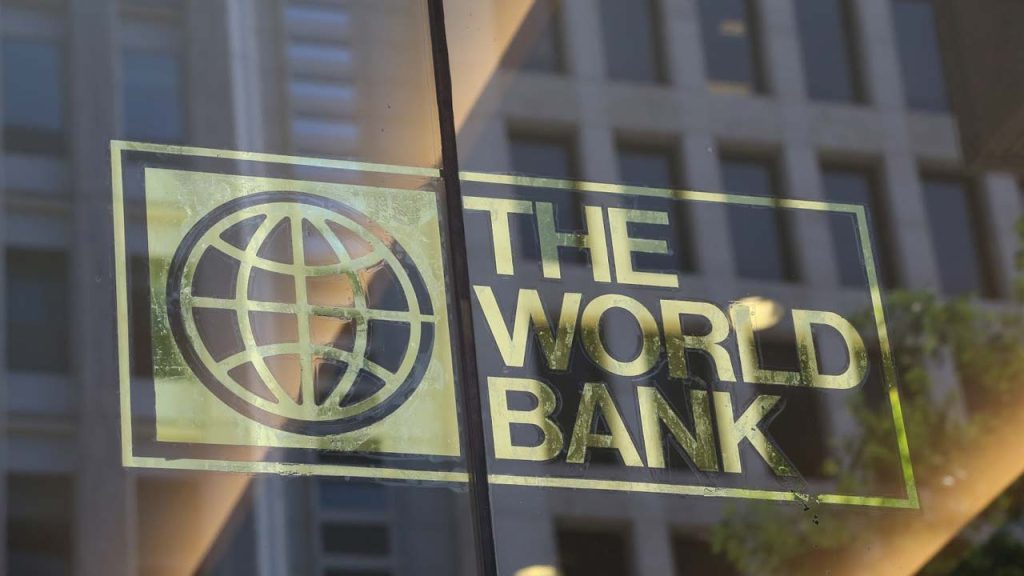In a dramatic turn of events, a group of investors led by Tesla CEO Elon Musk has made a staggering $97.4 billion offer to acquire OpenAI, the developer of the widely popular ChatGPT. The proposal aims to restore OpenAI to its original non-profit mission, a vision Musk co-founded with Sam Altman in 2015. However, the offer has been met with resistance from Altman, OpenAI’s current CEO, escalating tensions between the two tech titans and reigniting a long-standing legal dispute over the company’s direction.
The $97.4 Billion Offer: A Bid to Restore OpenAI’s Founding Principles
According to a report by the Wall Street Journal on Monday, the investor group led by Musk seeks to purchase all of OpenAI’s assets and refocus the organization on its founding principles. OpenAI was initially established as a non-profit entity with the goal of advancing artificial intelligence (AI) in an open, ethical, and transparent manner. However, under Altman’s leadership, the company transitioned into a for-profit model, a move that has been a point of contention for Musk since his departure from the organization in 2019.
Musk’s offer represents a bold attempt to reclaim control of OpenAI and steer it back toward its original mission. The proposal underscores his belief that the company’s current trajectory contradicts its founding vision and raises concerns about the ethical implications of its for-profit structure.
Sam Altman Rejects Musk’s Offer, Sparks Heated Exchange
Sam Altman, who has been at the helm of OpenAI since its inception, swiftly rejected Musk’s takeover proposal. In a post on X (formerly Twitter), Altman dismissed the offer with a sarcastic retort: “No thank you, but we will buy Twitter for 9.74billionifyouwant.”ThisresponsewasaclearjabatMusk,whoacquiredTwitterin2022for9.74billionifyouwant.”ThisresponsewasaclearjabatMusk,whoacquiredTwitterin2022for44 billion and rebranded it as X.
Musk fired back, calling Altman a “swindler” and accusing him of profiting from a venture that was initially set up as a non-profit. In a video shared on his X page, Musk elaborated on his opposition to OpenAI’s evolution under Altman’s leadership. “He claimed not to be getting rich, but he has made billions. He has claimed many false things,” Musk said. “Apparently, he’s getting $10 billion in stock. I don’t trust him, and I don’t think we want the most powerful AI in the world controlled by someone who is not trustworthy.”
The Root of the Conflict: OpenAI’s Transition to a For-Profit Model
The tension between Musk and Altman stems from OpenAI’s transition into a for-profit entity, a move that Musk has long criticized. When OpenAI was founded in 2015, its mission was to ensure that artificial general intelligence (AGI) benefits all of humanity. The organization was structured as a non-profit to prioritize ethical considerations over financial gain.
However, in 2019, OpenAI announced the creation of a for-profit arm to attract investment and accelerate its research and development efforts. This shift allowed the company to secure significant funding, including a $1 billion investment from Microsoft. While the for-profit model has enabled OpenAI to achieve remarkable advancements, such as the development of ChatGPT, it has also drawn criticism from those who believe it compromises the organization’s original mission.
Musk, who left OpenAI’s board in 2019, has been vocal about his disapproval of the company’s new direction. He argues that the pursuit of profit undermines the ethical foundation of AI development and increases the risk of misuse. His $97.4 billion offer is an attempt to reverse this trend and realign OpenAI with its non-profit roots.
Legal Dispute and Ethical Concerns
The conflict between Musk and Altman has escalated into a legal dispute, with Musk accusing Altman of misleading stakeholders about OpenAI’s transition to a for-profit model. Musk’s concerns are not unfounded, as the rapid commercialization of AI technologies raises significant ethical questions. The potential for AI to be used in harmful ways, such as spreading misinformation or perpetuating bias, has led to calls for greater oversight and accountability.
Musk’s criticism of Altman’s leadership reflects broader concerns about the concentration of power in the hands of a few individuals or corporations. By offering to acquire OpenAI, Musk aims to ensure that the development of AI remains aligned with the public good rather than corporate interests.
The Future of OpenAI: A Crossroads for AI Development
The $97.4 billion offer from Musk and his investor group represents a pivotal moment for OpenAI and the future of AI development. If accepted, the acquisition could mark a return to the organization’s non-profit roots and reinforce its commitment to ethical AI. However, Altman’s rejection of the offer suggests that OpenAI is likely to continue on its current path, prioritizing innovation and commercialization.
The outcome of this high-stakes battle will have far-reaching implications for the AI industry. As AI technologies become increasingly powerful and pervasive, the need for ethical oversight and responsible development has never been greater. Whether OpenAI remains a for-profit entity or reverts to its non-profit origins, the decisions made today will shape the trajectory of AI for years to come.
Conclusion: A Clash of Visions
The $97.4 billion offer by Elon Musk and his investor group highlights the deep divide between two competing visions for the future of OpenAI. On one side is Musk, who advocates for a return to the organization’s non-profit mission and a focus on ethical AI development. On the other side is Sam Altman, who has embraced a for-profit model to drive innovation and secure funding.
As the legal dispute between Musk and Altman unfolds, the AI community and the public at large will be watching closely. The stakes are high, and the outcome will not only determine the fate of OpenAI but also set a precedent for the ethical development of artificial intelligence. In a world where AI is increasingly shaping our lives, the decisions made by these tech titans will have profound consequences for humanity’s future.













